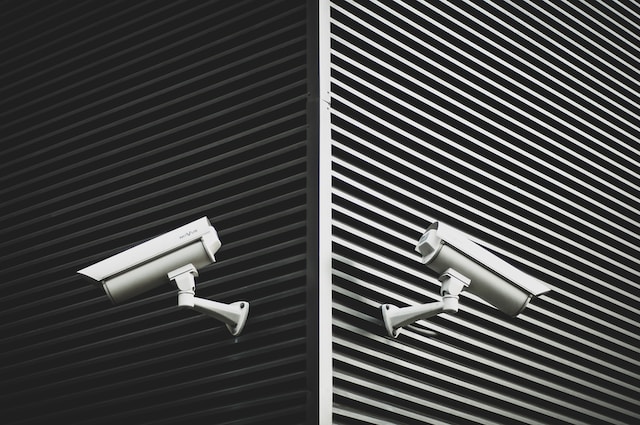Leaving the EU in order to re-establish our national sovereignty was a good idea at the time, being the prerequisite for maintaining our freedoms to the UK’s liking as opposed to the EU’s, but it turns out that it served only to highlight the tremendous gulf between the people’s idea of freedom, and our government’s idea of freedom.
Since the Coronavirus Act 2020 (all 348 pages of it – how long would it take to draft such a beast?) was rushed through in 3 days flat, those paying attention have seen a succession of Bills trundling through Parliament, all of which curtail our freedoms one way or another:
Online Harms Bill
Energy Bill
Genetic Technology (Precision Breeding) Act 2023 (AKA GMO)
Health and Care Bill (centralising control over fluoridation of our water)
Data Protection and Digital Information (No. 2) Bill
Not forgetting the UK –Covert Human Intelligence Sources (Criminal Conduct) Bill 2019-21 which must rank as one of the most in-your-face attacks on our “rule of law” so far.
Most share the dubious traits of:
- more centralisation of powers
- ineffective monitoring and control of abuse of the system
- delegation to government ministers of freedom to change, update, or repeal any and all aspects of the legislation by means of “regulations” that are subject to minimal scrutiny by Parliament – MPs being given a time period to object, but if none object they go through by default.
Thus the separation of powers between parliament (responsible for defining legislation) and ministers of the Crown (responsible for implementing legislation) is now cigarette paper thin. How anybody is supposed to keep track of such changes I cannot say.
For practical purposes, our Ministers of the Crown are now out of control.
The Data Protection and Digital Information (No. 2) Bill – replacing the current GDPR measures – will (on past form) shortly be passed by Parliament. The great interest of the State in obtaining our data for its own purposes (invariably accomplished by private corporations under contract to the State, itself a private corporation) is no surprise.
Will there be scope here for the misuse of our data? Are there safeguards? Does our State really need all this data?
Why does section 112 of the Bill remove “… provision for regulation of CCTV etc” together with the code of practice for CCTV operation, along with with the post of “Surveillance Camera Commissioner”, from existing Acts already on the Statute Book, apparently without inclusion of any such provisions in the new Bill?
Surveillance State incoming – or perhaps already here?

